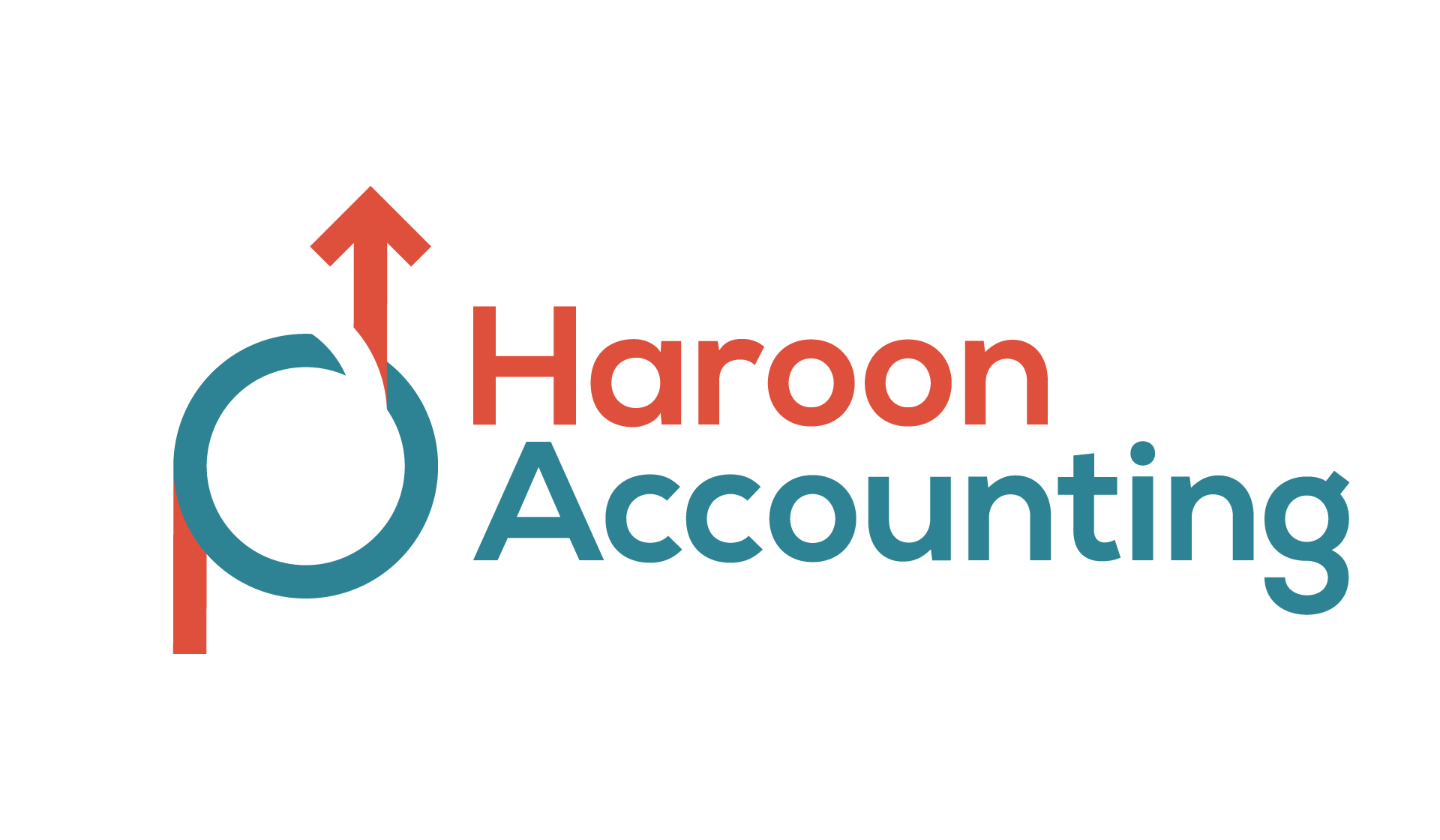Canada Emergency Wage Subsidy (CEWS)
Recent Updates
The Canada Emergency Wage Subsidy (CEWS) will be extended to December 2020. Additional details regarding revised eligibility criteria will be provided in the near future.
Regulations have also been approved to extend eligibility for the CEWS to several groups that may now begin applying for the CEWS, provided they meet all other eligibility criteria. These include:
- Partnerships with one or more non-eligible member
- Indigenous government-owned businesses
- Indigenous government-owned corporations
- Partnerships where each partner is either an Indigenous government or an eligible employer
- Registered Canadian Amateur Athletic Associations
- Registered journalism organizations
- Non-public educational and training institutions
Proposed Legislative Amendments
The federal government announced that it intends to propose the following legislative amendments to ensure that the CEWS continues to meet its objectives:
Support for seasonal workers and employees returning from extended leave
To deal with unintended outcomes in situations when individuals are employed on a seasonal basis, or when employees were on parental, disability, or unpaid leave from January 1 to March 15 of 2020, the government proposes to amend the CEWS to allow employers to choose one of the following two periods when calculating the baseline remuneration of their employees, on an employee-by-employee basis:
- The average weekly remuneration paid to the employee from January 1 to March 15, 2020; or
- The average weekly remuneration paid to the employee from March 1 to May 31, 2019.
In both cases, any period of seven or more consecutive days without remuneration is excluded.
Amalgamations and wind-ups
The government proposes to amend the CEWS so that corporations formed on the amalgamation of two or more predecessor corporations (or where one corporation is wound up into another), will be permitted to calculate benchmark revenue for the CEWS revenue decline test by using their combined revenues, unless “it is reasonable to consider that one of the main purposes for the amalgamation (or the winding up) was to qualify for the CEWS.”
Tax treatment of trusts
The government proposes to amend the CEWS to better align the tax treatment of trusts and corporations for the purpose of determining eligibility for the CEWS. Trusts with employees would continue to be eligible for the CEWS, subject to these additional exceptions:
- Where the trust is a tax-exempt entity (other than a public institution), it would qualify only if it is a registered charity or another type of eligible tax-exempt entity.
- Where the trust is a public institution, it would qualify only if it is a prescribed organization.
Application of proposed legislative amendments
With one exception, the proposed legislative amendments listed above would be retroactive to April 11, 2020, and apply to the first qualifying period commencing March 15, 2020, and to all subsequent qualifying periods. The exception is the proposed legislative amendment relating to trusts, which would apply to the third qualifying period (May 10 to June 16) and any subsequent qualifying period.
Canada Emergency Bank Account (CEBA)
Recent Updates
The Canada Emergency Bank Account has been expanded to include owner operated small business that do not have payroll, sole proprietors receiving business income directly, as well as family-owned corporations remunerating in the form of dividends rather than payroll. Applicants without at least $20,000 in payroll in 2019 will have to demonstrate having eligible non-deferrable expenses between $40,000 and $1,500,000 in 2020.
Eligible non-deferred expenses include:
- Rent/Lease – Real Estate
- Rent/Lease – Capital Equipment
- Insurance
- Property taxes
- Telephone
- Utilities (Gas, Oil, Electricity, Water, Internet)
- Payment for Regularly Scheduled Debt Service
- Independent Contractor Fees
- License Fees
- Authorization/Permission Fees
The expanded CEBA eligibility application is now available through all major financial institutions.
Canada Emergency Commercial Rent Assistance Program (CECRA)
Rent Updates for Tenants
- The Canada Emergency Commercial Rent Assistance Program (CECRA) will be extended by one month to cover eligible small business rents for July. Those who qualified for CECRA based on existing program eligibility will be able to apply for the July subsidy without needing to demonstrate a 70% revenue decline in the month of July.
- Existing applicants will need to re-apply for the month of July and have until September 14, 2020. New Applicants have the choice of applying for the three-month initial period or four months, but need to do so by the original date of August 31, 2020.
Clarification Points for Landlords
- CECRA provides forgivable loans to qualifying commercial property owners, whether they have a mortgage on their property or not. The loans cover 50 per cent of three or four monthly rent payments that are payable by eligible small business tenants who have and are experiencing financial hardship during April, May, June and July.
- The loans will be forgiven if the qualifying property owner agrees to reduce the small business tenants’ rent by at least 75 per cent under a rent reduction agreement, which will include a term not to evict the tenant while the agreement is in place. The small business tenant would cover the remainder, up to 25 per cent of the rent.
- The federal government is removing the requirement that the forgivable loan amount paid to property owners exclude non-repayable proceeds received by the property owner or tenant from existing rental support programs or other abatements, provided by any level of government, and insurance proceeds, if applicable.


